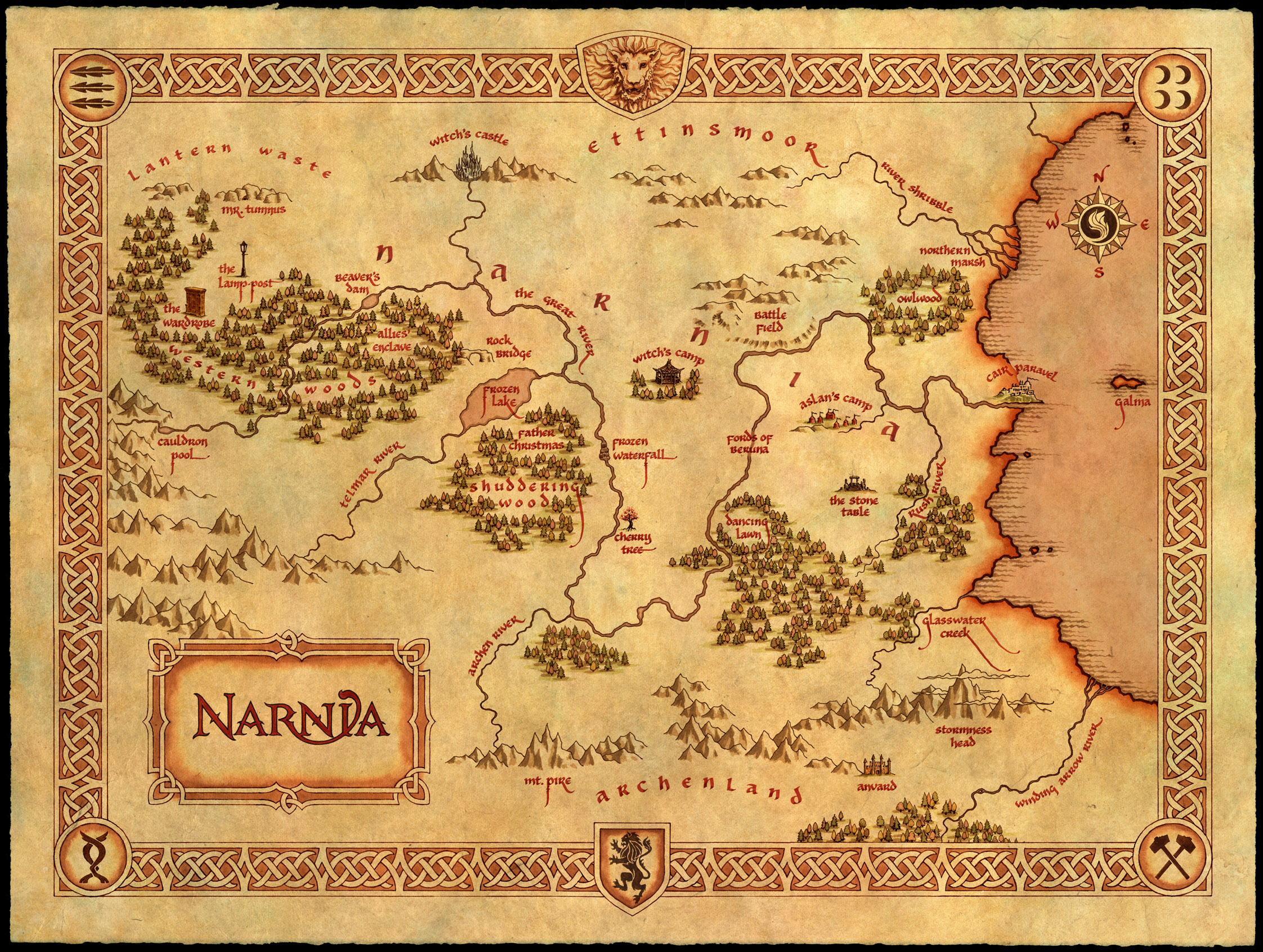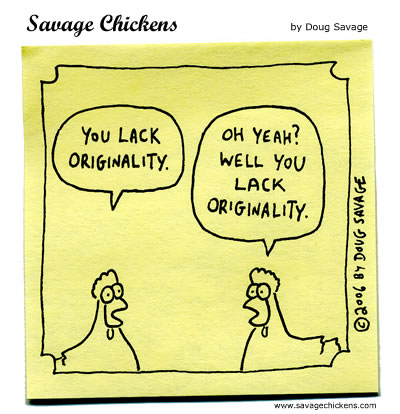I will start off by saying that this is not a normal book review.
For awhile, I was looking for an informational book for writers that have very out-of-the-ordinary questions and answers. After searching for a long time with many failures, I found the name of Dr. D.P. Lyle,(Full bio HERE) and saw that he had written many books like what I was looking for. I got out Forensics and Fiction.
Let's just say I read it through in the first two hours of having it. There are so many questions with easy to understand, thorough answers.
Here are a few examples of the questions:
How long might my character survive in a cave with no food or water?
What are the steps involved in a “Psych Evaluation”?
Is there a drug that paralyzes yet leaves the victim fully awake?
How was diphtheria treated in 1886 in the American Mid-west?
As you can see, there is a very wide variety of questions that are answered in this book. You can see the full table of contents HERE.
I have also gotten out the Forensics for Dummies by the same author. I have not read that through yet, but it is more strictly about forensics (hence the name...).
Even though I did not need to know a lot of these questions for my current WIP, it was still incredibly intriguing, and useful information to know (for a writer).
I recommend this book to writers of any genre.
-The Bandit











